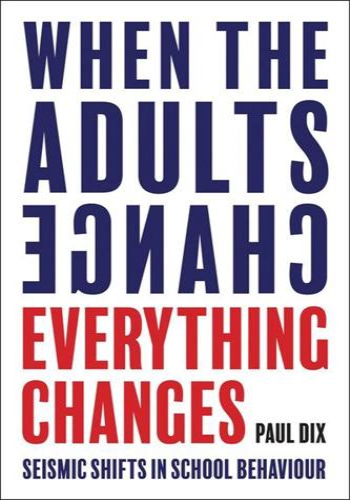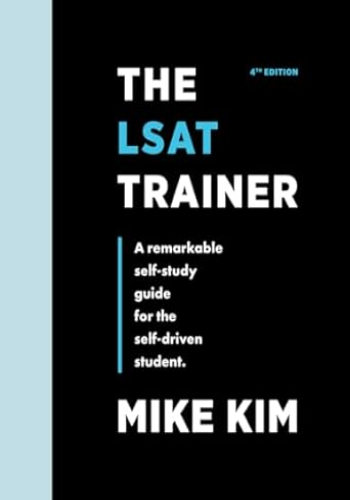You can buy in the best behaviour tracking software, introduce 24/7 detentions or scream 'NO EXCUSES' as often as you want - but ultimately the solution lies with the behaviour of the adults. It is the only behaviour over which we have absolute control.
Drawing on anecdotal case studies, scripted interventions and approaches which have been tried and tested in a range of contexts, from the most challenging urban comprehensives to the most privileged international schools, behaviour training expert and Pivotal Education director Paul Dix advocates an inclusive approach that is practical, transformative and rippling with respect for staff and learners. An approach in which behavioural expectations and boundaries are exemplified by people, not by a thousand rules that nobody can recall.
When the Adults Change, Everything Changes illustrates how, with their traditional sanction- and exclusion-led methods, the 'punishment brigade' are losing the argument. It outlines how each school can build authentic practice on a stable platform, resulting in shifts in daily rules and routines, in how we deal with the angriest learners, in restorative practice and in how we appreciate positive behaviour.
Each chapter is themed and concludes with three helpful checklists Testing, Watch out for and Nuggets designed to help you form your own behaviour blueprint. Throughout the book both class teachers and school leaders will find indispensable advice about how to involve all staff in developing a whole school ethos built on kindness, empathy and understanding.
Suitable for all head teachers, school leaders, teachers, NQTs and classroom assistants in any phase or context, including SEND and alternative provision settings who are looking to upgrade their own classroom management or school behaviour plan.







